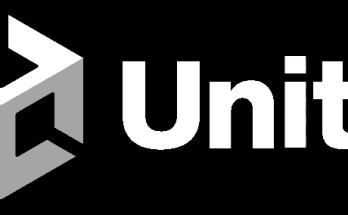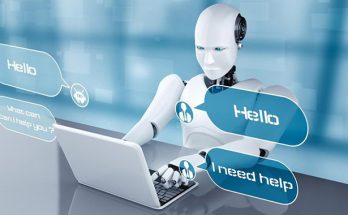Artificial intelligence has the power to restructure this entire industry completely. AI algorithms can analyze medical records, develop treatment strategies, or even develop drugs more efficiently than anyone else on the healthcare front, including medical practitioners. Google's DeepMind recently developed an artificial intelligence system to interpret breast cancer. The algorithm surpassed all human radiologists on carefully selected data sets to accurately diagnose breast cancer, with an average accuracy of 11.5%!
These are many examples of companies that have used A.I. to enhance healthcare from developing new drugs to improving medical imaging to studying medical records. Imagine what possibilities AI could open up for the human race if AI is applied early enough to yield such amazing breakthroughs.
Virtual Reality
The world of patients and physicians is being transformed simultaneously by virtual reality. As in the future, you may observe operations as though you were controlling the scalpel. With the use of virtual reality, we can prepare aspiring surgeons and those practicing surgery to prepare for operations. Programs of this kind are developed and delivered by various Medtech companies and have proven effective in the field. Harvard research shows that VR-trained candidates performed surgeries 20% faster than traditionally trained candidates. VR-trained candidates also performed more steps correctly on procedure-specific checklists. In addition to benefiting surgeons, the technology has also been proven to reduce the pain of patients. Also, VR can be used to ease labor pain in pregnant women by using VR sets to show comforting landscapes and scenes. VR can also be used to distract patients pre and post-surgery. This will help to minimize their pain and nervousness and enhance the healing experience.
Healthcare Tracking Gadgets
Technology has taken another step toward empowering patients with the emergence of gadgets and smart devices that allow users to monitor their general wellness. Smart devices such as fitness trackers, fit bands, smartwatches, and other such devices and apps can track your heart rate, Blood Pressure, and things. They are great tools to better understand ourselves and establish control over our lives. They can also track sleeping patterns and duration which makes users understand the sleeping patterns and changes they need. By connecting these devices with your smartphones, you can also practice mindfulness. This app can also recommend meditation sessions for you. People use such gadgets and their apps to control physical activities, maintain weight, manage stress, and can understand basic overall health effects. They can share these data and results with their personal doctor or physicians remotely.
Soon, there will come devices that will also suggest to you the basic medicines and practices to achieve good health.
Digitized data storage
A large amount of data needs to be maintained in the medical field. As a result, many hospitals are going digital. The data such as patient medical history, staff background, and hospital data are all digital. The reason being it is time-consuming and risky to store data on paper anymore. It may get lost, destroyed in a fire or anyone can steal it. But the digital method of saving data has no such risks and it can be accessed anytime and anywhere by hospital professionals. Due to the large storage capacity in cloud storage and online drives, all data is in one place and is easy to access or share when needed. These reasons have contributed to the medical field turning towards the digital world. And in the near future, we could see the more digital transformation.
Online learning and training
As the Covid virus is on a surge, everything came to a halt. But education and training cannot stop. Learning and training are an important part of the medical field. The need for constant learning made education move online. Several Learning Management Systems (LMS) has been used to create and develop courses for the medical industry. For example, the HealthStream Learning Center provides great guides and tutorials that can be used to effectively use a LMS solution for your hospital staff training and learning purpose. These courses can be used to train hospital staff, non-medical staff, and others to work effectively.



